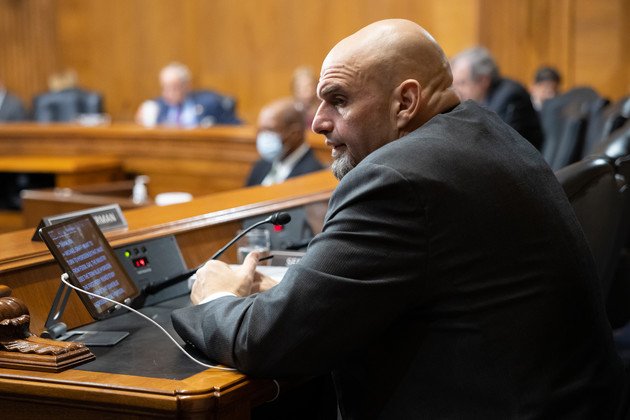“Public speaking” is not what you think it is . . . and learning this helped me double my salary and lead a training for 16,000+ people
Learning to confidently speak in public changed the course of my career (and, not to be too dramatic, my life). And, it helped me go from someone who would black out from nerves to someone able to speak in front of almost 20,000 people.
If you feel like you will never, ever in a million years actually enjoy public speaking, but you also have important things to advocate in the world (health care, climate justice, birth justice, ya know…small thing), this piece is for you.
Let’s get into a quick why and what, then get into the how.
Always the note-taker, never the speaker.
Recently I attended a summit full of organizers, advocates, and even a few future candidates. Before starting one of the breakout sessions, the young male co-leader approached the female co-leader and asked if she could take notes on the whiteboard. I almost jumped out of my chair and said, “That is a very gendered request!”.
I felt bad calling him out at that moment, but there were centuries of history on my side.
As the session proceeded and a different young woman took notes on the board so the two co-leaders could speak, it became obvious that the female co-leader was a total policy wonk, great at holding the room’s attention, and able to facilitate complex disagreements in a room full of her peers. Meanwhile, the guy co-leader had almost nothing to say and barely kept pace with the conversation. All I could think was what a different and less productive session this would have been if the young woman had allowed herself to be relegated to the role of “notetaker” instead of being able to own the floor and fully lead.
This is hardly an isolated example, particularly for Black and brown women who are often looked over as the leader and instead are pushed into the role of secretary.
I often think about this story shared after the 2020 election by Julian Castro’s Campaign Manager, Maya Rupert:
The wrong people are speaking up
At some point in life, you’ve probably heard someone speak on TV, at a lecture, or at a rally that’s billed as “ an expert,” “thought leader,” or “influencer,” but what they’re saying isn’t all that worth hearing. Sure, maybe they can fill a room, get booked to speak, and inevitably run for office or start a podcast. But what they’re saying is uninspired, flat, shallow, or is just a regurgitation of other people’s work.
But they’re standing up in front of the room, and you’re not.
We need to hear from the people who are most impacted.
If you’re in this work because your rights are on the ballot every couple of years, then you are uniquely qualified to speak up.
As someone that’s a part of a community (in terms of location or identity) that’s being harmed or disenfranchised, you are an expert on your community’s unique challenges, hopes, and aspirations.
But you and other folks in your community probably aren’t the ones being asked to speak or given access to training and support to practice honing their speaking skills.
With privilege comes access to opportunities like high-school clubs, support from mentors, and being identified as someone with “potential.”
But I believe it’s worth it to speak up anyway.
There are unique barriers that keep some people from speaking in public.
You can see how telling the stories of our lives and our communities can have an impact. But it's not easy for many people to do so without the fear of how they’ll be
perceived. There might be awkwardness in your personal life for telling stories.
Just a few examples:
Telling the story of a childhood without access to quality education can feel embarrassing or cause your parents to feel shame.
Reciting the tale of struggling for access to healthcare during a medical crisis can put you right back into that place.
Or you might have people in your family worry you’ll get “too big for your britches” or that you’ll think you’re something special.
And that’s just the people in your life. What about how the outside world will see you?
We all know that anyone, especially women who step out in public, will be judged for being too young or old.
Or she’s too inexperienced
and then…too experienced.
She’ll be dragged for her clothes, her hair, the tone of her voice, why she’s not at home with the kids or warned that she’ll scare off a potential partner by being successful.
And for people of color, there are endless tropes about being “angry” or “aggressive” when you are literally just speaking and…using…words.
If you’re a queer or trans person, speaking openly about your identity or lived experiences can put your safety at risk.
If you’re a disabled person, you may not even get invited to speak because it “might make people uncomfortable” to see someone in a wheelchair or a person using a breathing tube or having a closed captioning device.
You’ve probably experienced this or have seen it happen to others.
It’s real, and it doesn’t feel good to be unsupported, judged, policed or discounted.
It’s understandable that most of the population says they’re afraid of public speaking, but in this line of work - it’s really not an option to avoid it entirely.




